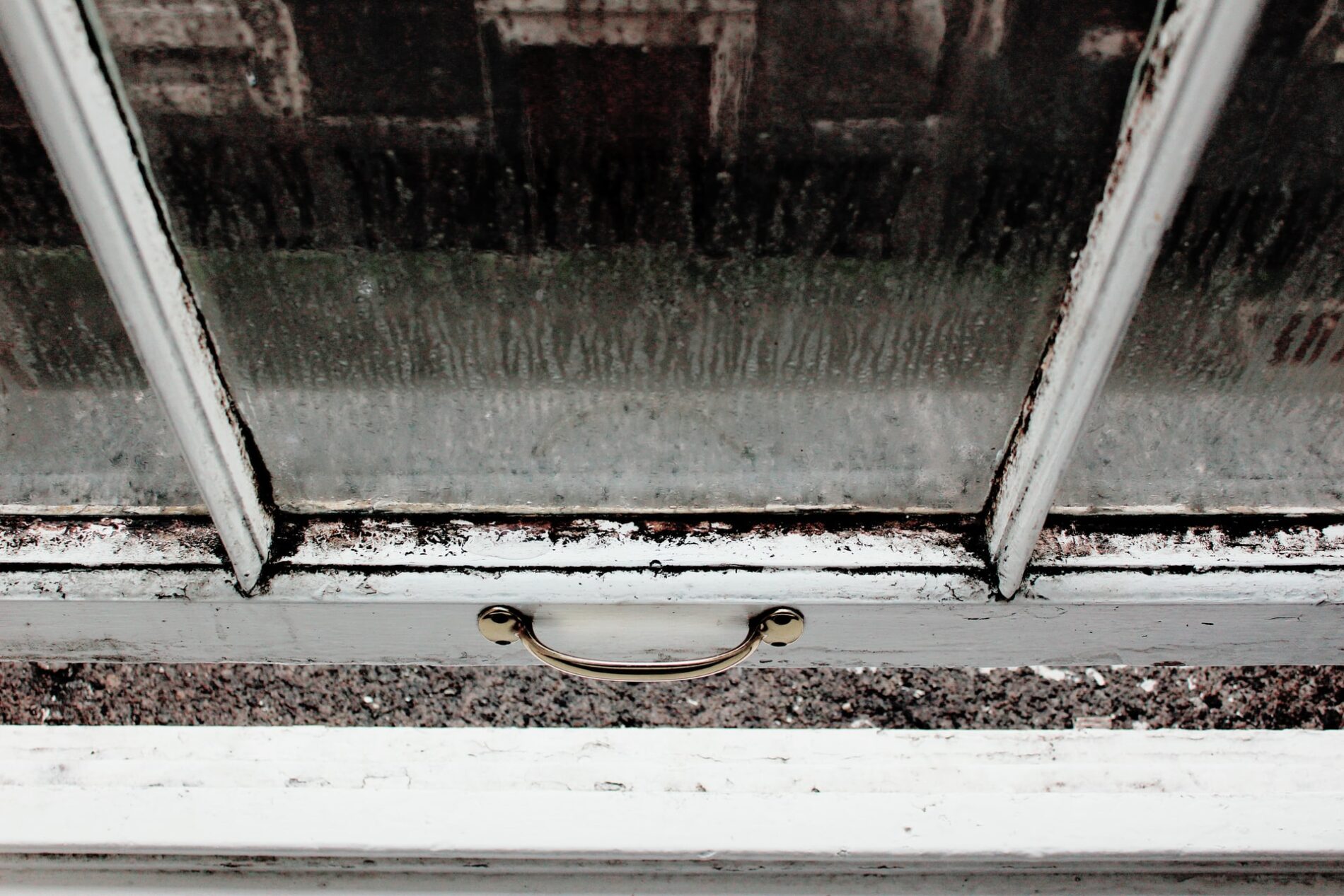In this three-minute read, we look at what a new survey about mould in UK homes reveals about the tenant/landlord relationship.
Let’s unpack what SE18/SE28 landlords can learn from the findings of the memorably titled Mouldy Nation Report.
Firstly, before you ask, yes there really is a document called the Mouldy Nation Report (we’re not making it up).
Uswitch, an energy and finance comparison website, produced the report after surveying 2,000 people from across the UK about mould in their homes. It found that:
62% of people have an issue with mould in their home.
Of those with a mould problem, 64% were renting (private, student, or social).
40% of people wouldn’t clean mould themselves if they were in a rented home.
64% of people believe it is the landlord’s sole responsibility to rectify a mould problem.
Interestingly (or infuriatingly), those who reported mould in their home, also fessed up to contributing to the problem by:
Drying clothes indoors (40%).
Leaving the kitchen or bathroom door open when cooking or showering (22%).
Putting furniture directly against walls (21%).
Keeping the shower curtain folded when wet (11%).
Leaving spillages instead of cleaning them up (6%).
For the record, it’s the landlord’s responsibility to repair a problem that is causing mould (leaks, broken damp proof courses, inadequate insulation).
The landlord must also remove mould that is affecting a tenant’s health and safety.
But it takes two to tango, and it is the tenant’s responsibility to:
Adequately ventilate the property within reasonable means.
Keep the property clean.
Two broader issues jump out at us here. They are:
As a landlord, you must keep your property in good condition. If there is a structural issue causing the mould, deal with it. Also, make sure extraction fans and the heating are working, so your tenant has no excuse to claim it’s your fault.
Landlords are not nannies or babysitters; they shouldn’t have to explain basic hygiene to a tenant who thinks it’s okay to ignore spillages and leave wet shower curtains curled up. You must invest the time at the beginning of a tenancy to find the right tenant, someone who will keep up their end of the bargain by keeping your property clean and tidy.
The team at Hi Residential are experienced at tenant selection. As well as running credit checks, we go through references with a fine-tooth comb, because life’s too short to be giving cleanliness lectures or straightening other people’s shower curtains.
From the team at Hi Residential, thanks for reading. If you’d like to learn more about our tenant selection and property management services, get in touch.
COPYRIGHT HI RESIDENTIAL 2021





